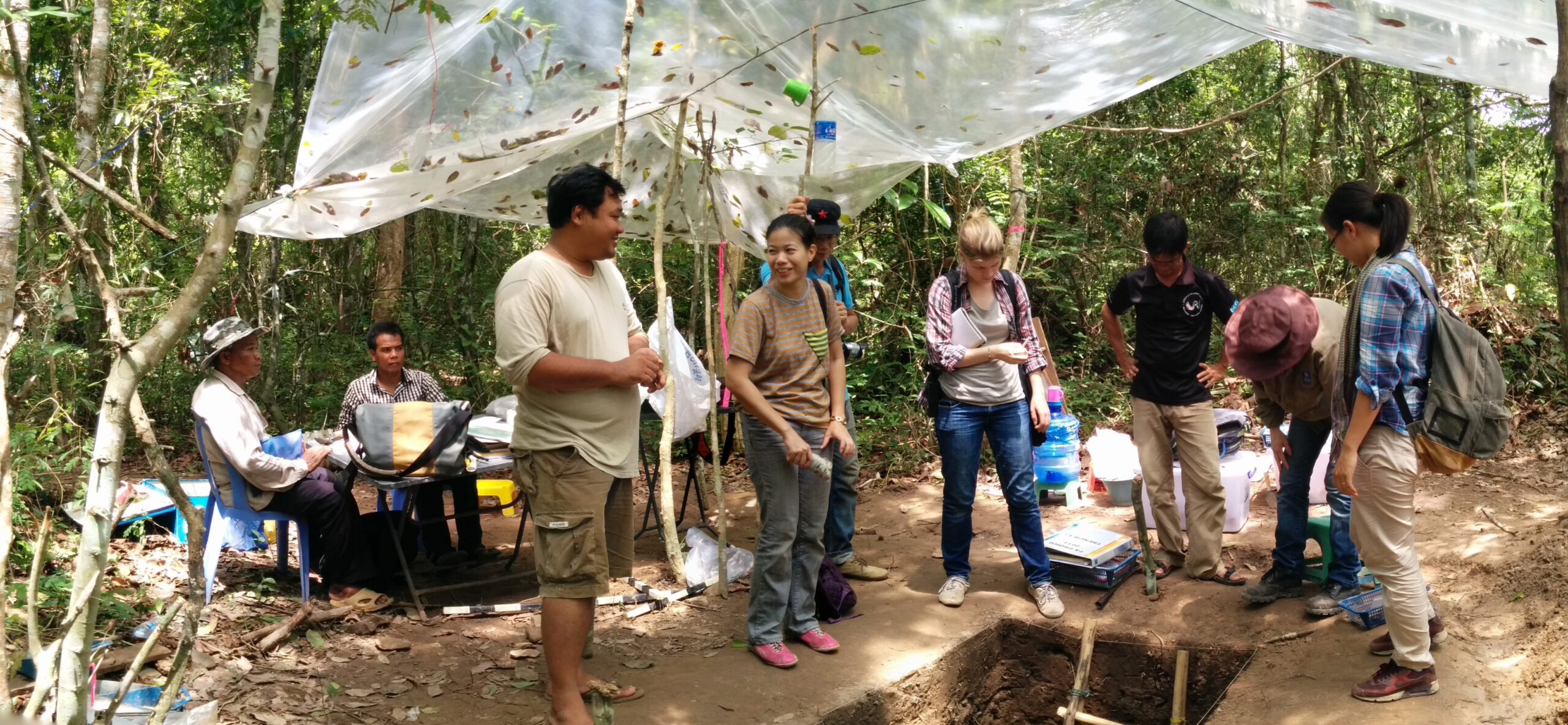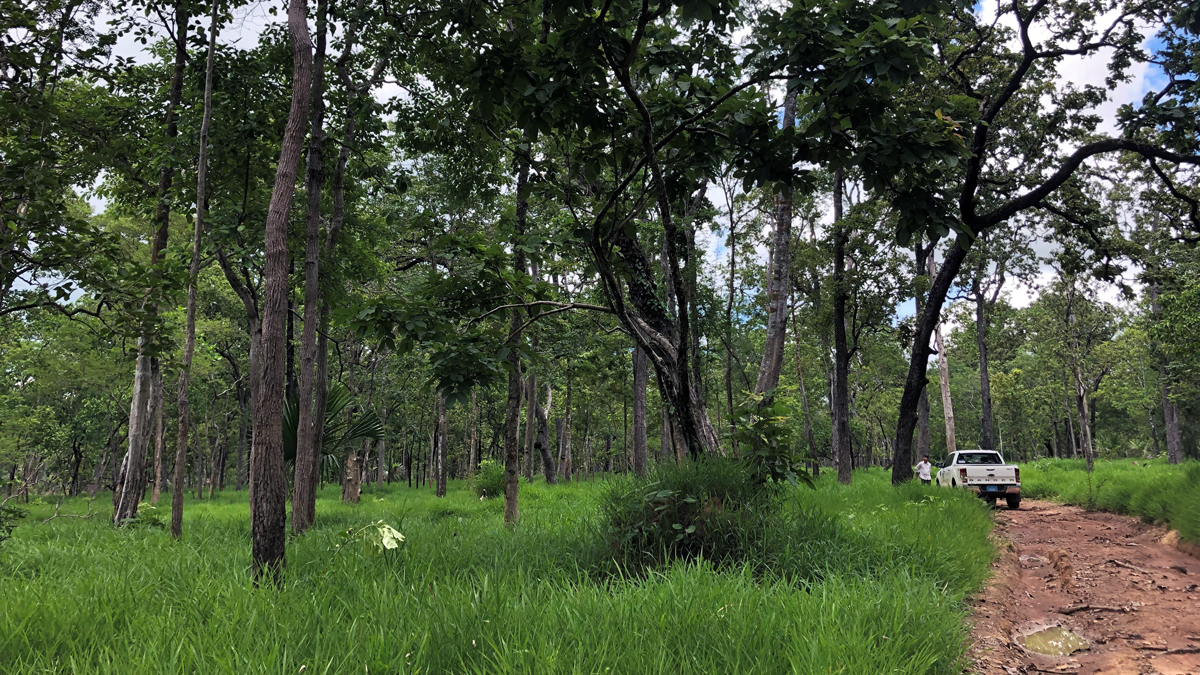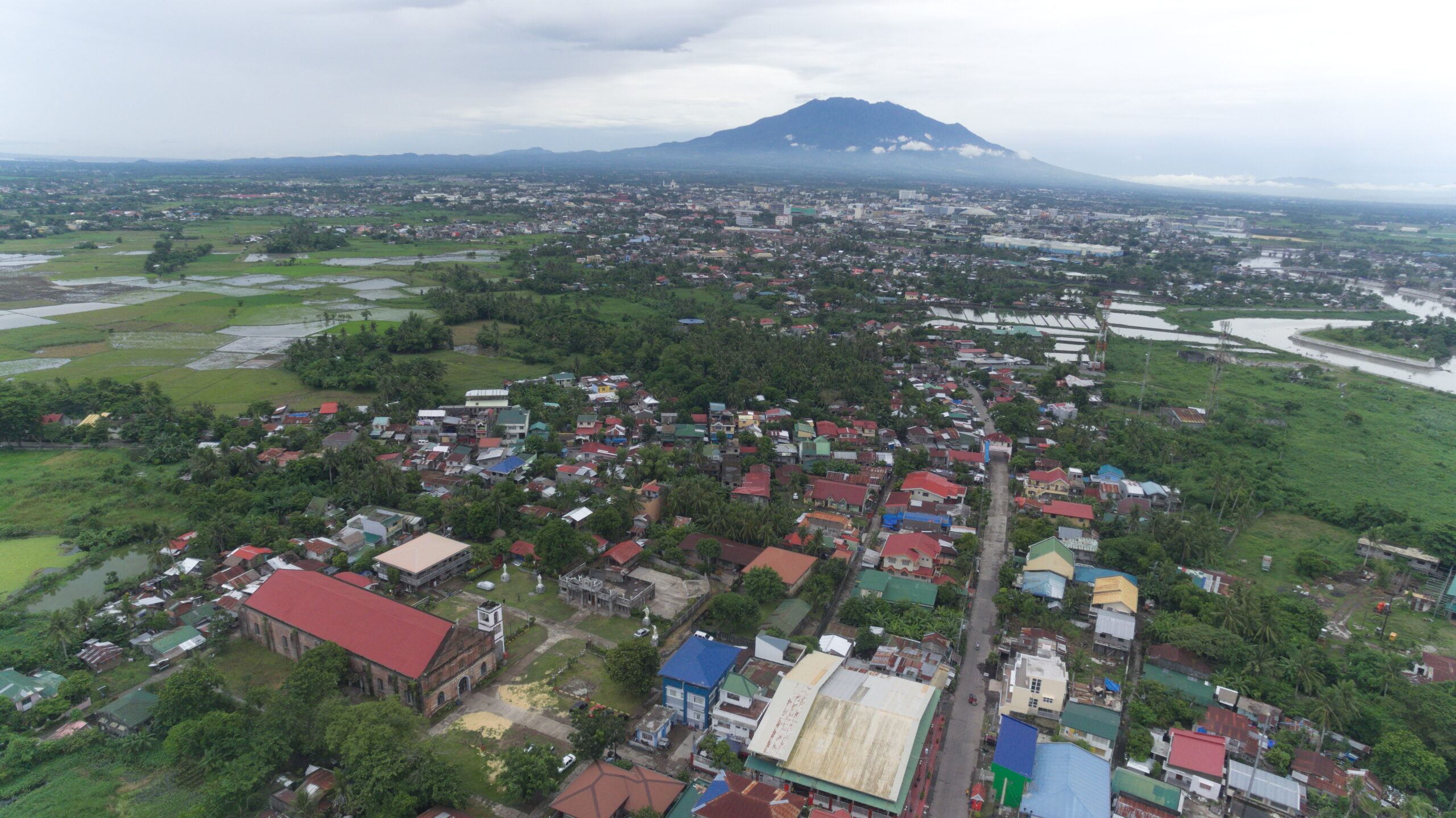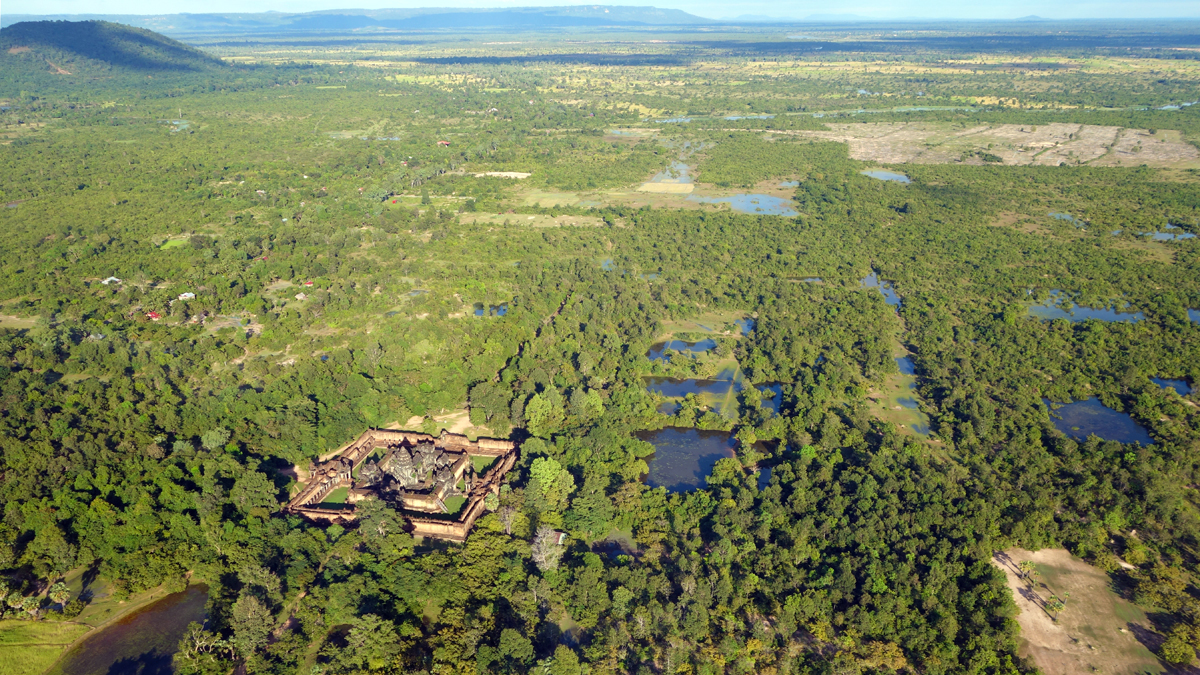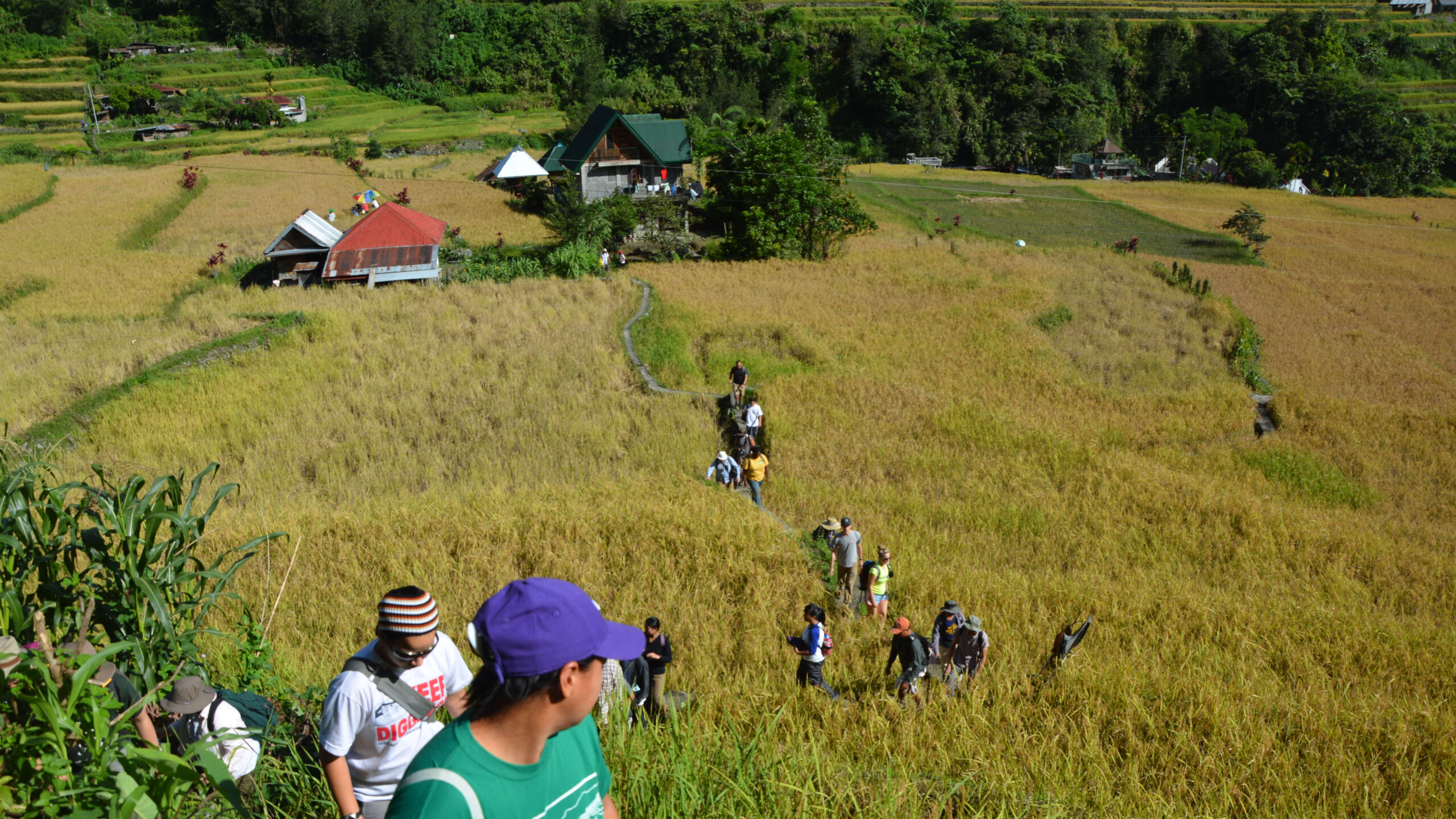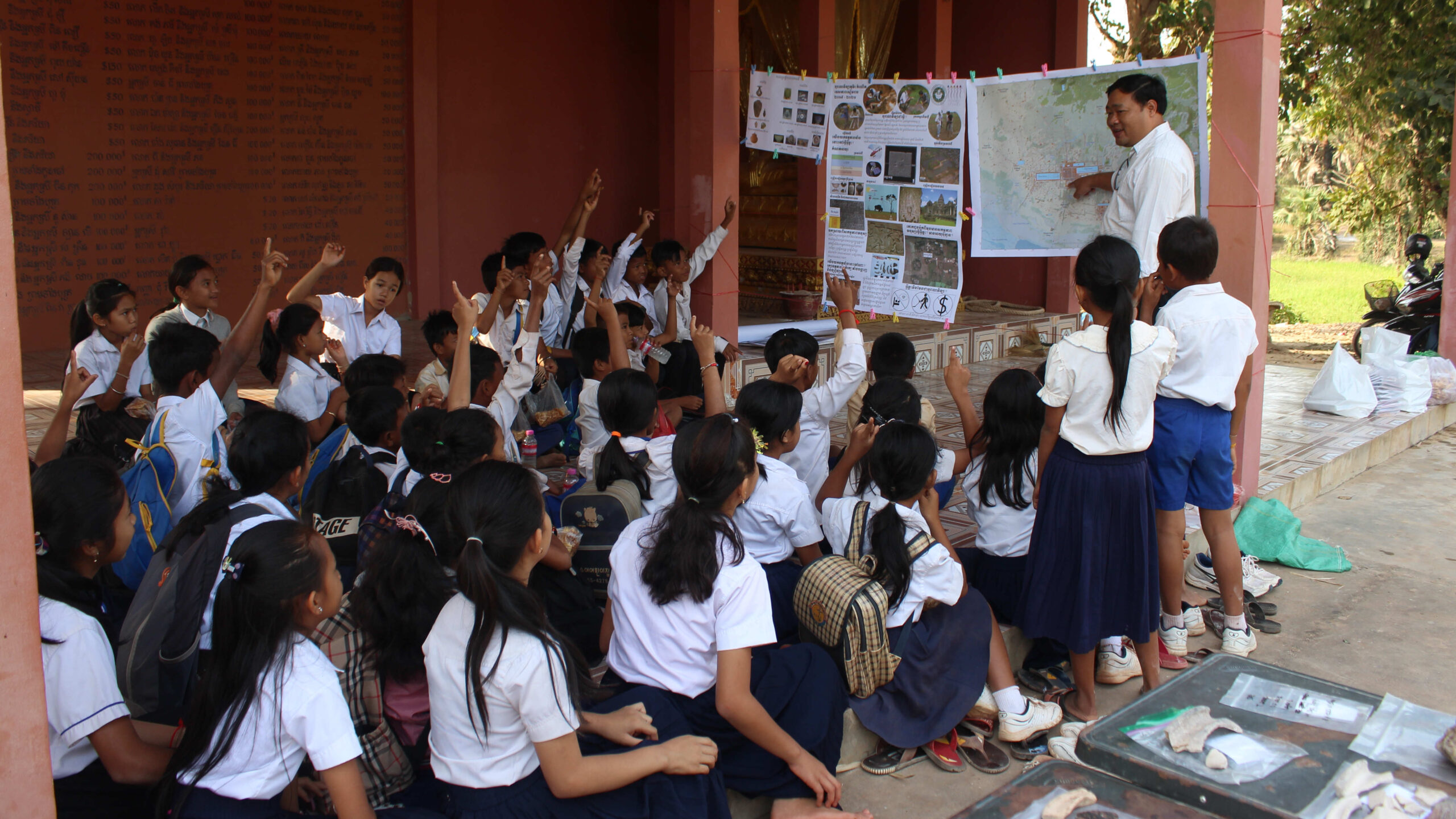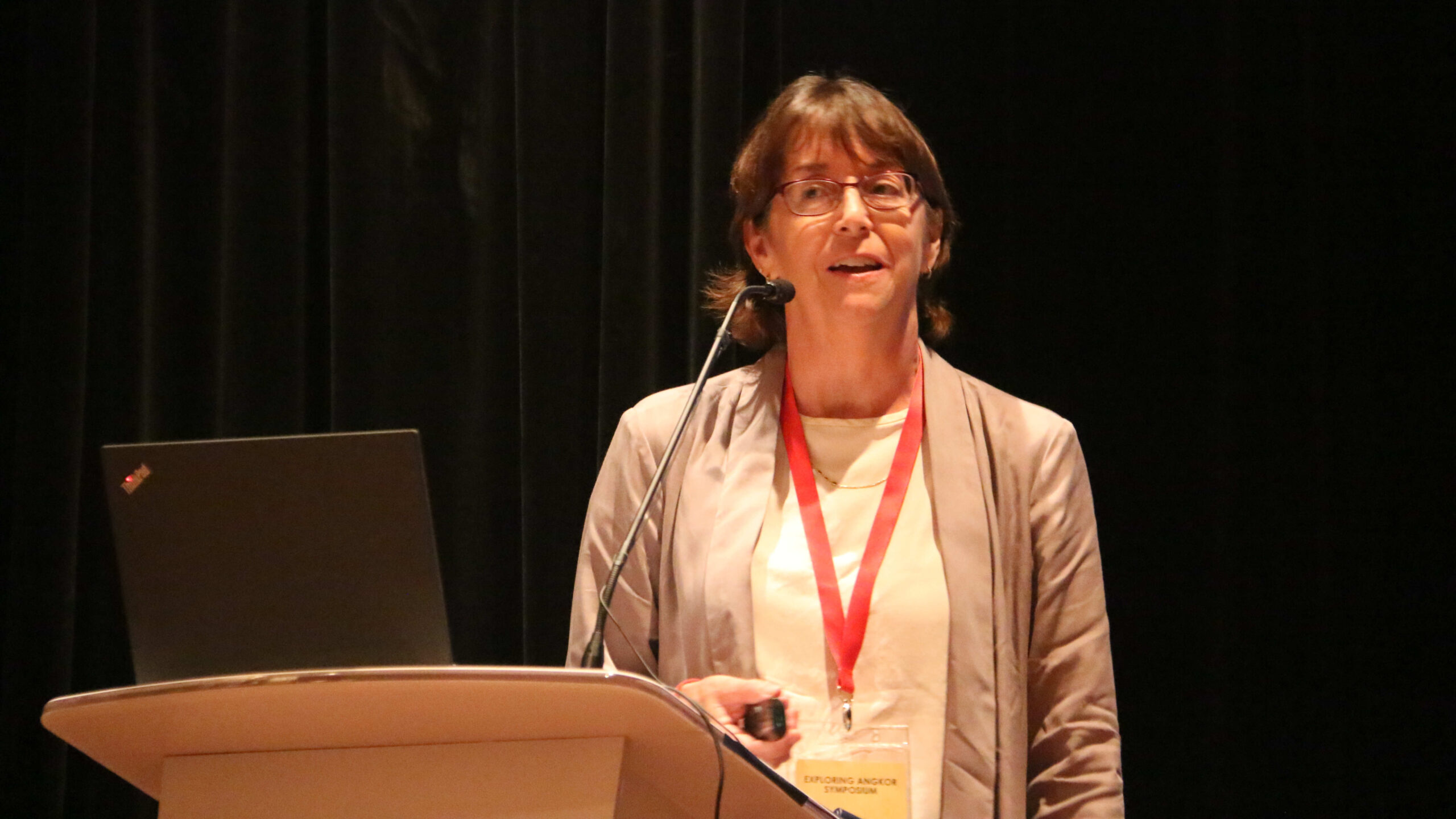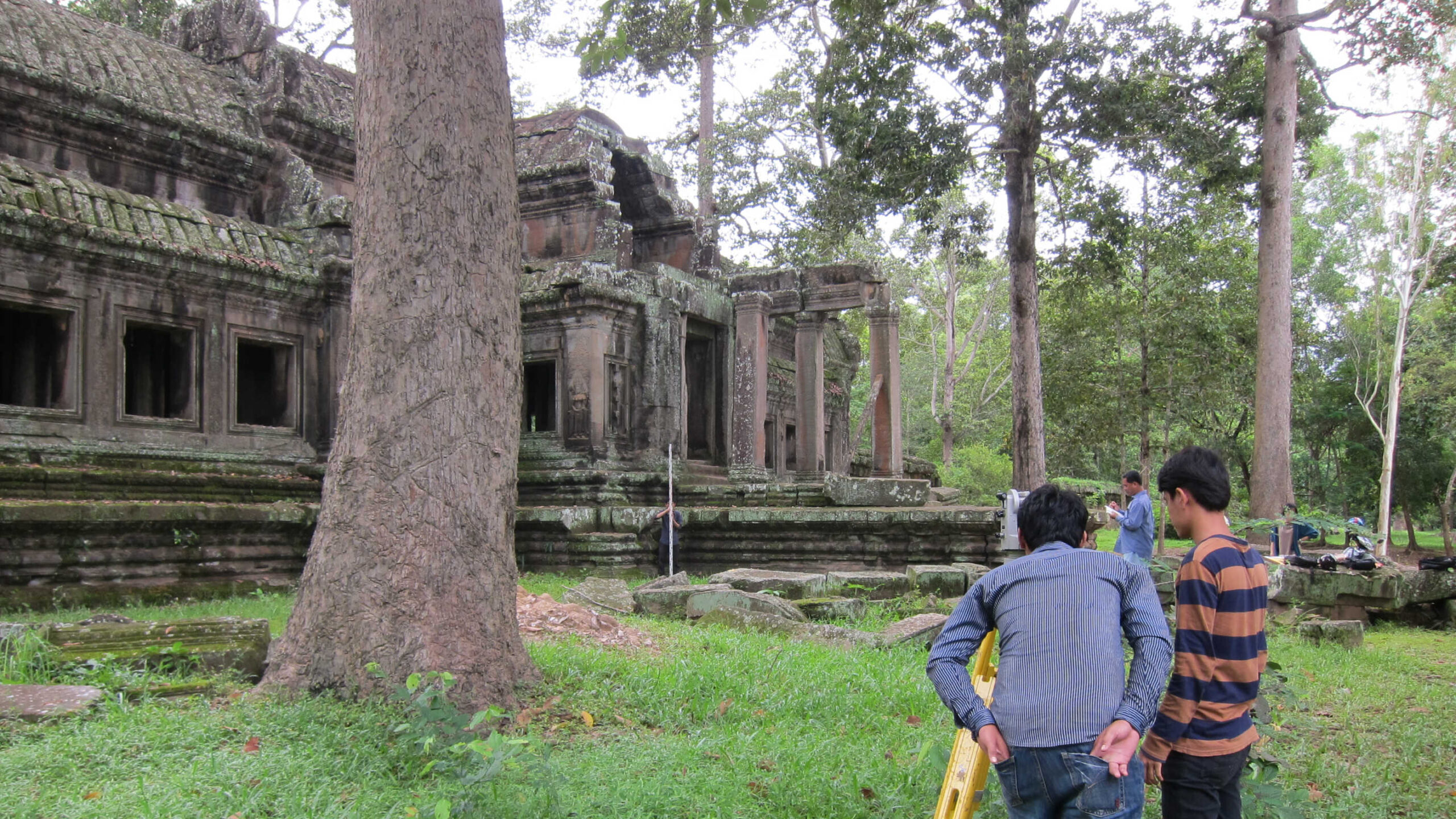Panel 1: Research, Training, and Partnerships: Breaking Disciplinary Boundaries
Economic and social transformations that accompanied the Early Modern period in 14th-19th century Southeast Asia took place in a dynamic natural environment that reflected and shaped its inhabitants. Most scholarship on Early Modern (EM) Southeast Asia attributes European expansion as a catalyst, and the limited environmental research undertaken offers coarse-grained sequences for the region during a […]

